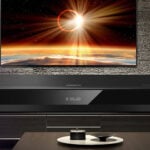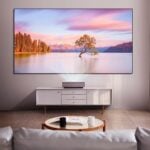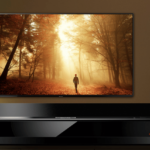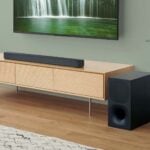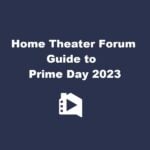RichardHOS
Second Unit
- Joined
- Mar 11, 2003
- Messages
- 454
I have an odd problem with setting up ETF with my hardware. I've posted the problem at AVS and AA forums... if there is anyone here that really knows their ETF stuff that hasn't/won't see the post at the other foums, speak up and I'll describe what's going on.

